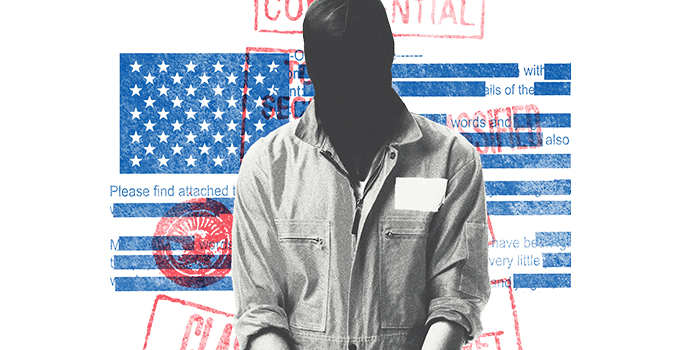
United States v. Husayn (aka Abu Zubaydah)
What's at Stake
Whether the district court may order two CIA contractors who devised and implemented the post-9/11 torture program to testify (as they have done twice before) about nonprivileged information; or if, instead, the Government may prohibit disclosure of even nonprivileged information by invoking the state secrets doctrine.
Summary
Amici—the ACLU and counsel for Ammar al Baluchi—have litigated recent matters implicating the intersection between the state secrets privilege and the CIA’s torture of individuals in the wake of the September 11, 2001 terrorist attacks. Amici’s clients were all subjected to the same or similar torture methods as was respondent Zayn al-Abidin Muhammad Husayn (also known as Abu Zubaydah), pursuant to the CIA’s program of detention, torture, and other abuse of detainees. Amici have litigated—and, in the case of Mr. al Baluchi, continue to litigate—both the factual circumstances of how the CIA’s torture program was administered, and the legal consequences that result from such torture.
As part of that litigation, amici have confronted the core issue presented in this case: how to balance the Executive Branch’s interest in preventing improper disclosure of legitimate state secrets with the judiciary’s interests in transparency, truth-seeking, and justice.
Amici submitted this brief to highlight their experience in conducting examinations of the two CIA contractors, James Elmer Mitchell and John Jessen, the same people who Abu Zubaydah seeks to have testify in this action, without running afoul of the state secrets privilege. These experiences demonstrate that judges are capable of overseeing discovery regarding the CIA torture program, and permitting inquiry into non-privileged information while protecting information deemed legitimately confidential. Amici’s cases thus provide a roadmap showing that it is feasible to proceed with discovery, even into sensitive topics, without compromising the nation’s safety or risking disclosure of privileged secrets.
Legal Documents
-
10/15/2021
US v. Husayn ACLU et al Amici Brief
Date Filed: 10/15/2021
Court: Supreme Court (U.S.)